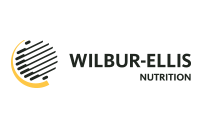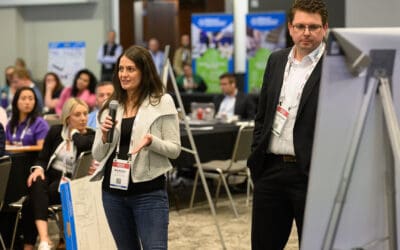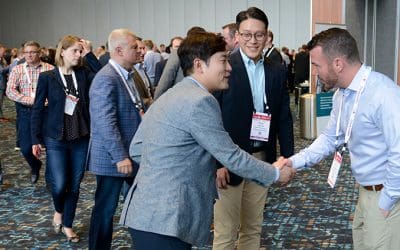Why attend Petfood Forum?
Petfood Forum is designed to empower pet food professionals by providing a 360-degree view of the industry. It’s the only event 100% dedicated to pet food. Petfood Forum is the leading conference and exhibition for education on the latest consumer trends and industry innovations. Attendees walk away with practical knowledge and strategies to navigate the evolving landscape of pet food processing, distribution, marketing and sales – ensuring they remain competitive in the dynamic pet food market.
For over 30 years, pet food professionals have attended Petfood Forum to develop careers, expand networks, discover new ideas and identify market opportunities. Register today to experience a fully focused, pet food industry-specific event!
Petfood Forum 2025 Sponsors
Connect with a highly engaged audience, expand your reach and make meaningful connections by partnering with Petfood Forum. No matter the budget our team can create a package that fits your goals.
Featured Announcements
Petfood Essentials 2025 to focus on pet food and treat sustainability
Experts provide information and best practices for mapping a sustainability journey
The Pet Food Alliance, Buyers Mission and AAFCO to participate in co-located conferences at Petfood Forum 2025
Three events will be held in conjunction with the annual conference and exhibition
Meet qualified buyers from around the world at one place
Food Export to conduct buyers mission at Petfood Forum 2025
2025 Gold Sponsors
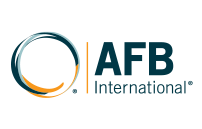
Darling Ingredients

Coperion
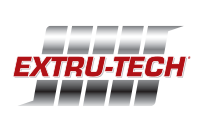
Extru-Tech
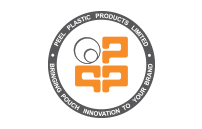
Peel Plastic Products

Wenger Manufacturing
